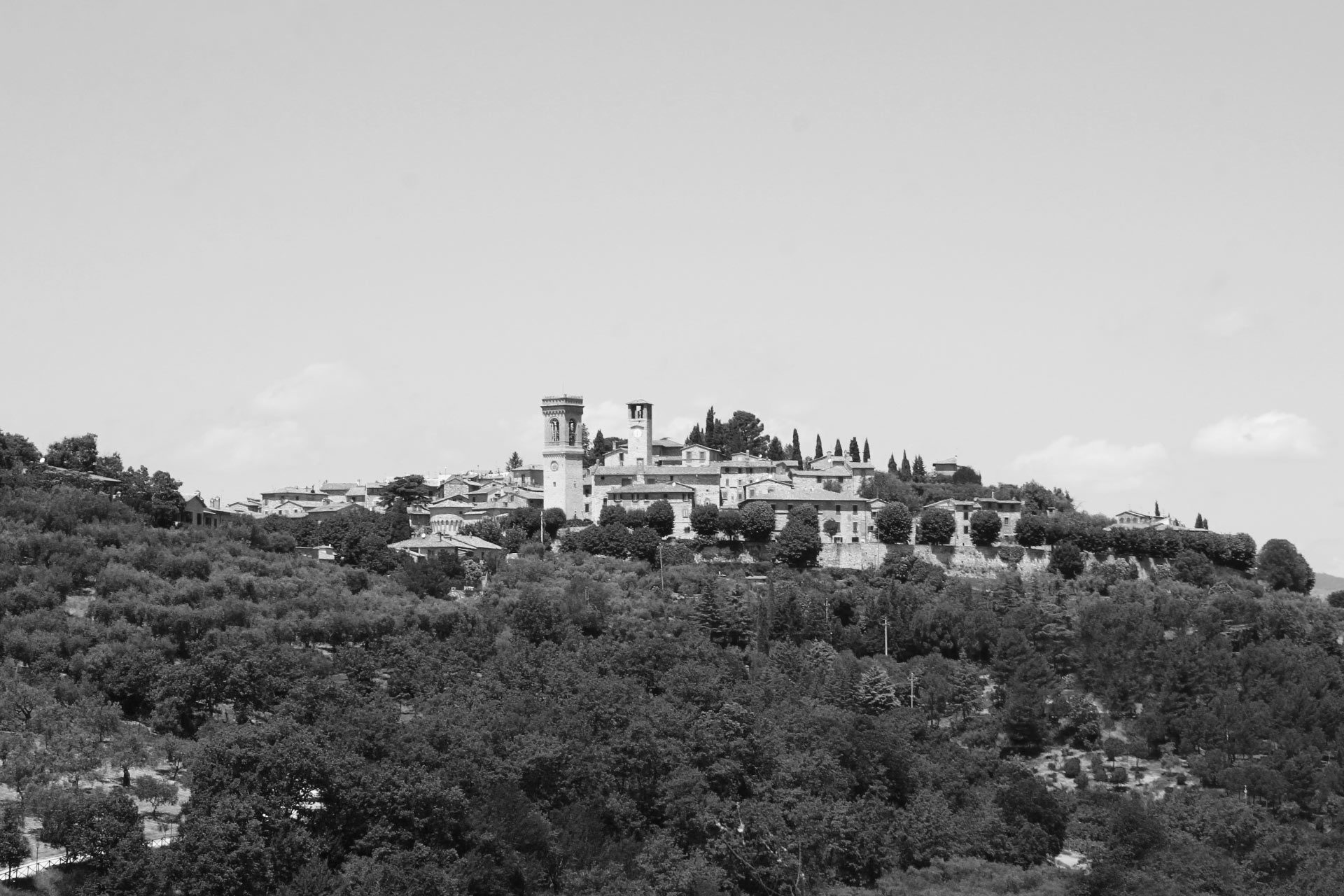“Il Conto”, the Legend of Corciano and Perugia, is an enchanting legend of knights recounting the origins of the two Umbrian cities. It is also particularly famous because it combines an imaginary tale with a real historical basis and meaning of the relations between nobility and bourgeoisie in the area of Perugia in the 1300s.
“Il Conto”, the Legend of Corciano and Perugia: the history
The author of the story, dating back to the 14th century, is not known, but it appears as a manuscript in Codex Vaticanus Latinus 4834 and is based on the legend of the foundation of Perugia as reported by the Latin poem Eulistea, written by Boniface of Verona.
It tells the story of Euliste – Ulysses – who arrived in Italy following the destruction of Troy. Along with Ulysses there were several followers of his, including Coragino, a Trojan nobleman and his family.
The whole community went up the Tiber river and stopped in a place called Colle Landone where they founded Perugia. However, some disagreements soon arose between Ulysses and Coragino, leading Coragino to move away from Perugia, together with his relatives: not far away they found a hospitable hill, rich in natural resources, and here they founded Corciano.
The story continues, in the following years, with the marriage of Candida, daughter of Coragino and the son of the Conte del Lago (The Count of the Lake), Novizio: Cornaletto was born from this union, and became lord of Corciano.
One day Cornaletto challenged paladin Orlando to a duel and came out defeated, therefore Orlando baptised Cornaletto and also appointed him knight as a reward for his courage: from this event, according to the Legend of Corciano and Perugia, the religious and civil history of Corciano began.
The meaning of the legend
It is thought that the contrasts between Coragino and Ulysses symbolised the discontent of the Perugian nobles – represented by Coragino – against the overwhelming power of the bourgeoisie – symbolised by Ulysses – who had the sole aim of favouring the city’s economy at the expense of the rural economy, which instead was one of the main sources of income for the local aristocracy.
Read here other “Stories and legends of Perugia”.











Follow us on the socials